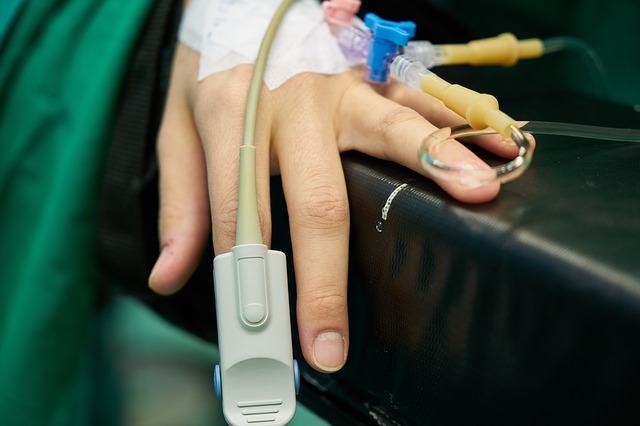At different periods in time there are job losses, houses being repossessed, businesses in disarray, companies going into bankruptcy or shutting their doors forever… the list goes on and on. There’s no such thing as a stable economy; if one things going well something else isn’t.
 |
We’ve had numerous conversations about saving money, paying down bills, how to buy things at less cost, eliminating debt, and a host of other recommendations that are all very good. One thing that’s been somewhat lost, yet always makes its presence felt, is health care coverage. We need to talk about how important it is to maintain health care coverage for you and your family.
Most of us don’t sit around thinking about health care all that often. If we get sick, or a family member gets sick, or we get hurt, or a doctor diagnoses something critical, then it’s important to us. Rarely at any other time is it on our minds. If you lose your job and no one’s in bad health, it’s one of the last things you think about. It’s easy enough to do and it’s understandable because so many other things are hitting you in the face in that moment.
Yet, we have to consider the words of someone like Suze Orman, who once said on the Oprah Show that she’s rather see people living on bread and water rather than give up their health care plans. At the time it was both a shock and a wake up call to America. Her feelings were that, especially with families, you never know what’s coming around the corner or when, and not having insurance to help cover those expenses may delay getting help for whatever ails you, and, even worse, may leave you with much bigger bills than you ever thought possible.
Here are a few things to think about. A visit to the emergency room could cost you up to $2,000 in some areas of the country, and that’s for nothing worse that strep throat. If you need to have a laceration repaired, or an xray taken, or it involves a broken bone those costs drastically escalate.
If you’re already in debt, that’s a scary proposition, but I know what you’re thinking; they have to treat you anyway. Whereas that’s absolutely true, things have changed as it pertains to your long term financial health.
Back in the 90’s, medical debt didn’t touch you on your credit report if you decided not to pay, but in today’s world, medical debt is not only considered, but it’s a big deal. Its costs can accumulate fast, and, another nugget from Orman, around 63% of the people who file for bankruptcy have a significant medical debt on their record.
Another financial guru, Jim Cramer, once recommended that if you have to get a job that doesn’t fit your background or experience, even what some might consider a menial job, that if it has health care coverage it may be more valuable than you might imagine. That’s because most employer offered health care benefits cost less than buying health insurance on a health exchange, cover more and has both lower deductibles and out of pocket costs.
Hospitals and doctors aren’t heartless, but they need to be paid for services. Every public hospital offers charity care options, and so do some physicians. Most offer some type of payment plan that allow you to spread payments out over a certain number of months. They expect patients to contact them and try to work something out, not duck your responsibility to address the issue.
Still, having insurance lowers all out of pocket costs, even if you’re on an exchange. Whatever benefit the insurance company gets from medical professionals and facilities, you get the same allowance. Without insurance, even with payment plans you could possibly end up paying more for treatment.
As you consider ways to save money, or ways to live, keep health care coverage in the middle, not in the back of your mind. Being proactive might save more than your sanity later on; you and your family lives count on it.
